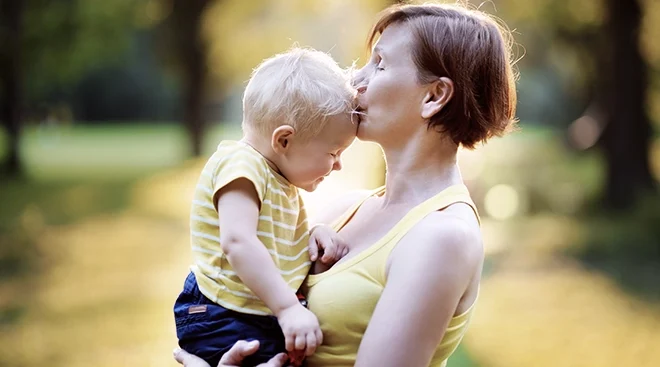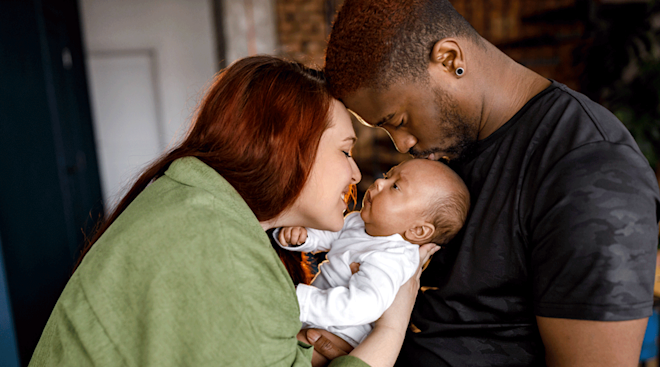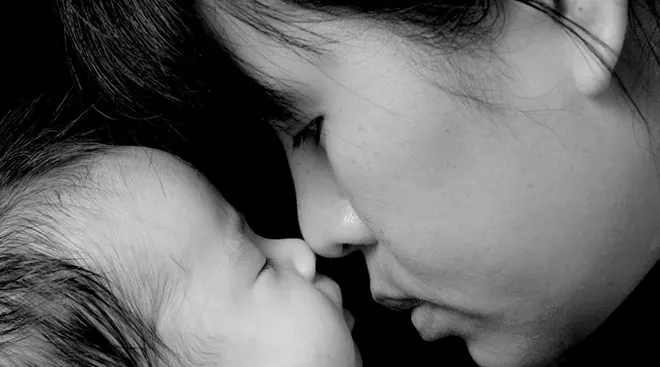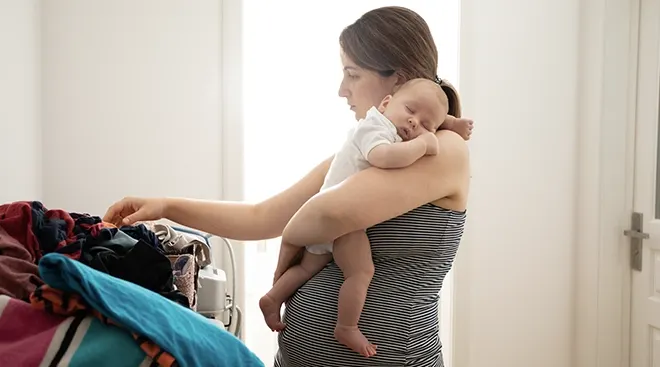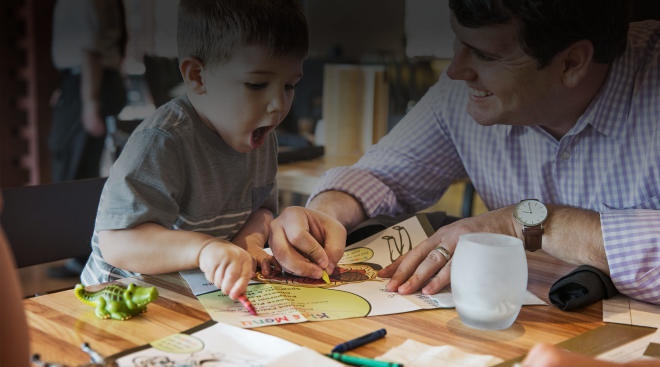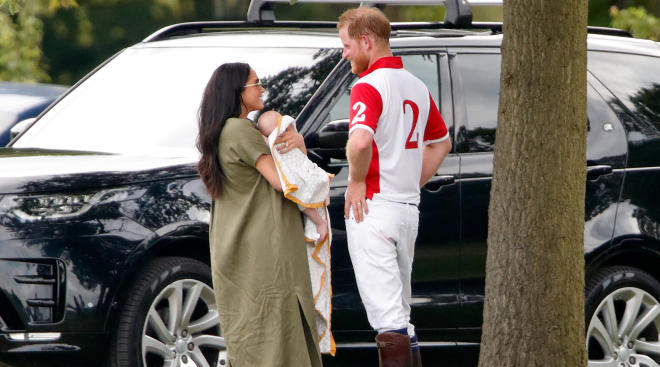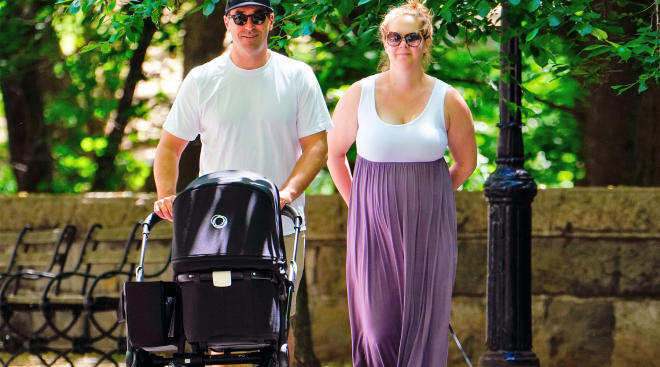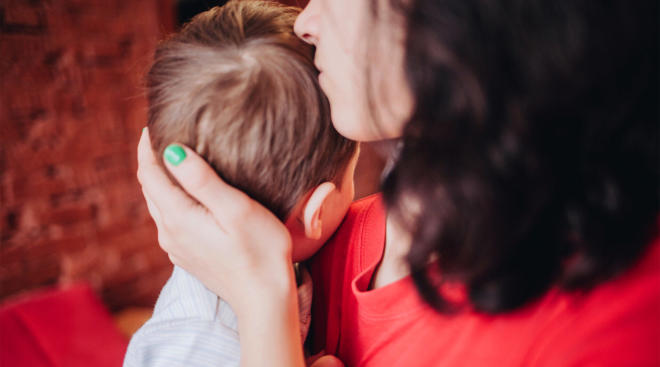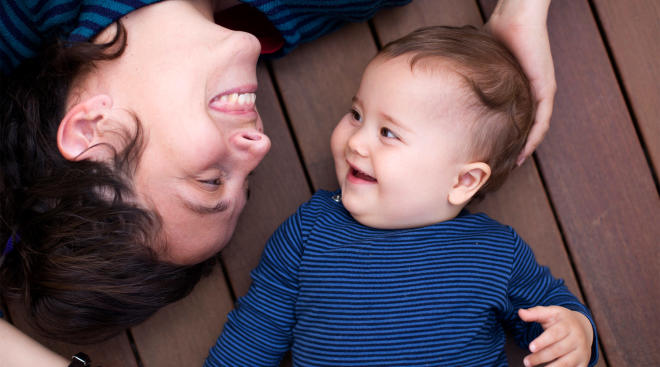The Stigma Around “Older Moms” Holds Fast Despite Changing Birth Trends
The average age of the first-time mom is reaching a new high. According to the US Census Bureau, data collected over the past 30 years shows that the fertility rate of women ages 20-24 has declined by 43 percent, while the rates of women ages 35-39 have increased by 67 percent. So if the median age of motherhood is rising, why is the stigma associated with being an “older mother” sticking around?
In a new study published in the journal Health, Risk and Society, Concordia University political science professor Francesca Scala argues the rhetoric around older motherhood is ageist, ableist and out of step with current childbirth trends.
For her research, Scala and study co-author Michael Orsini reviewed policy documents, government reports, professional statements and guidelines from organizations such as the Canadian Medical Association, containing terms such as “advanced maternal age,” “delayed childbearing,” “older mothers” and “infertility.”
They overwhelmingly found three representations of older mothers as risk-producing subjects, unnatural mothers, and irresponsible reproductive citizens. These unflattering descriptions not only exile and stigmatize older mothers but seemingly hold moms responsible for their infertility and unlikelihood to have a “healthy” child.
While the researchers don’t dispute the real medical risks present in later-in-life pregnancy, such as preeclampsia and gestational diabetes, they do take issue with the stigmatizing of older mothers as unnatural. After all, studies have shown fathers of advanced paternal age can also contribute to birth defects and a higher risk of miscarriage. But no one is calling them irresponsible or labeling them as “geriatric fathers.”
These negative representations in a clinical setting can create an inherent bias that can impact the care women receive, especially regarding efforts around conception. Outside of medical care, the stigma around older mothers can also affect their interactions with day cares, carpool lines, social groups and even family members.
But for all the stigmas and risks that come along with being an older mother, many women believe that it’s worth the trouble. Better financial circumstances, increased job development, time to travel and an overall feeling of knowing yourself better are just some of the reasons why women feel having children later in life can be beneficial.
Not to mention there are many barriers that can make having a child at a younger age difficult. The lack of affordable childcare and paid maternity leave, coupled with a global pandemic and high maternal mortality rates, have led to record-low birth rates.
Despite the study being conducted in Canada, it’s easy to see how the identified issues apply worldwide. Scala believes ultimately that the government and society must step up to make it possible for women to give birth whenever the time is right for them.
In an interview with Concordia University, Scala notes, “Instead of putting the onus on women to adhere to their ‘biological clock,’ I would like to see more discussion about how broader social and economic forces shape women’s path to motherhood. How can we, as a society, support women having children at their ideal time, for example, with accessible daycare, so they are not penalized for having children too early or too late?”
Navigate forward to interact with the calendar and select a date. Press the question mark key to get the keyboard shortcuts for changing dates.

































